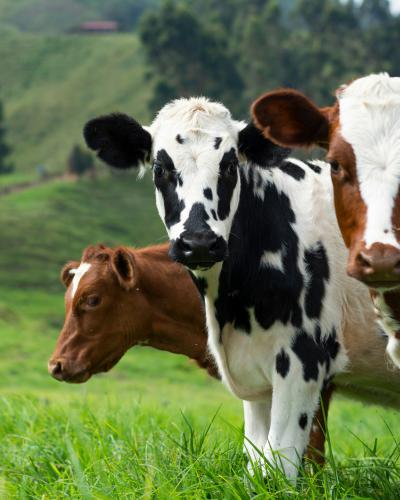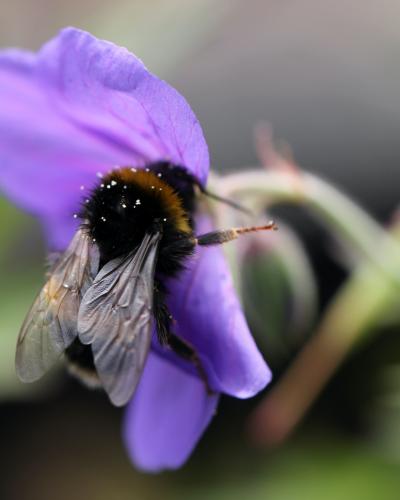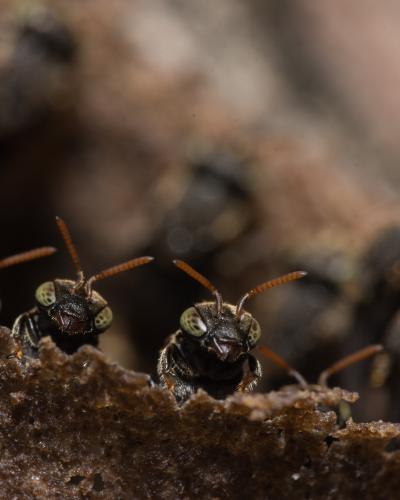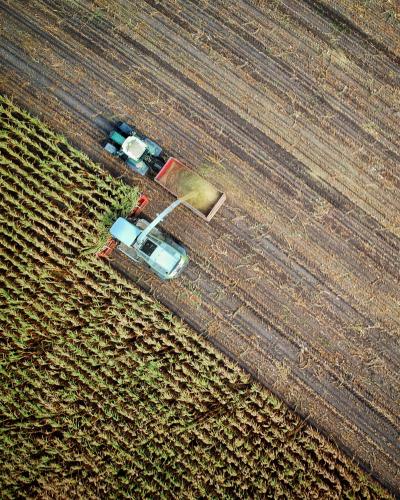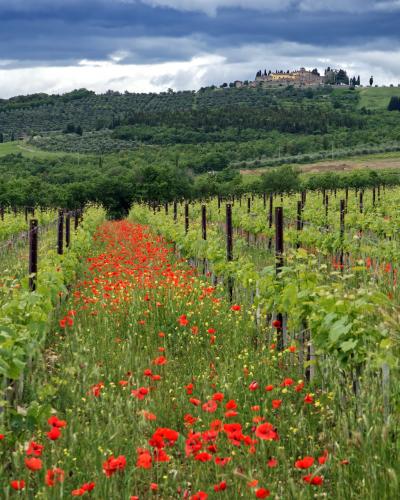An article published in the Journal of Cleaner Production found that dedicating a larger share of farmland to organic reduces...
Feb 07, 2025
To measure the impact of adopting organic practices in agriculture, a recent study quantified greenhouse gas emissions on...
Dec 17, 2022
Picture by Neil Palmer (CIAT) n.palmer@cgiar.org
Misunderstandings about organic agriculture abound, and can be clearly seen in a recent misleading article published in US...
Aug 29, 2022
A collaborative study from USDA and Montana State University scientists delved “far into the weeds” in evaluating the global warming potential in farming organic wheat when combining sheep grazing...
Oct 04, 2021
A recent study presented at the EurAsia Waste Management Symposium found that when organic cotton is substituted for conventional cotton in denim production, 11 indicators of global warming, human...
Sep 27, 2021
Climate change has increased extreme weather events like flood and drought, while population growth and development have caused habitat loss and fragmentation, and both of these climate and land...
Jun 07, 2021
Soil health hinges on robust communities of soil bacteria and insects. However, a recent science review published in Frontiers in Environmental Science shows that pesticides sprayed both above and...
Nov 16, 2020
Nitrous Oxide (N2O) is an important greenhouse gas that is often overshadowed by the focus on Carbon Dioxide (CO2), but increasing concentrations of nitrous oxide over the past two centuries have...
Apr 27, 2020
While the agricultural sector uses the majority of conventional pesticides, lawn and home garden care accounts for 24 percent of pesticide sales and 6 percent of overall...
Apr 20, 2020
Organic agricultural practices provide many ecosystem services that improve farm production while simultaneously protecting the environment. For instance, organic farming...


